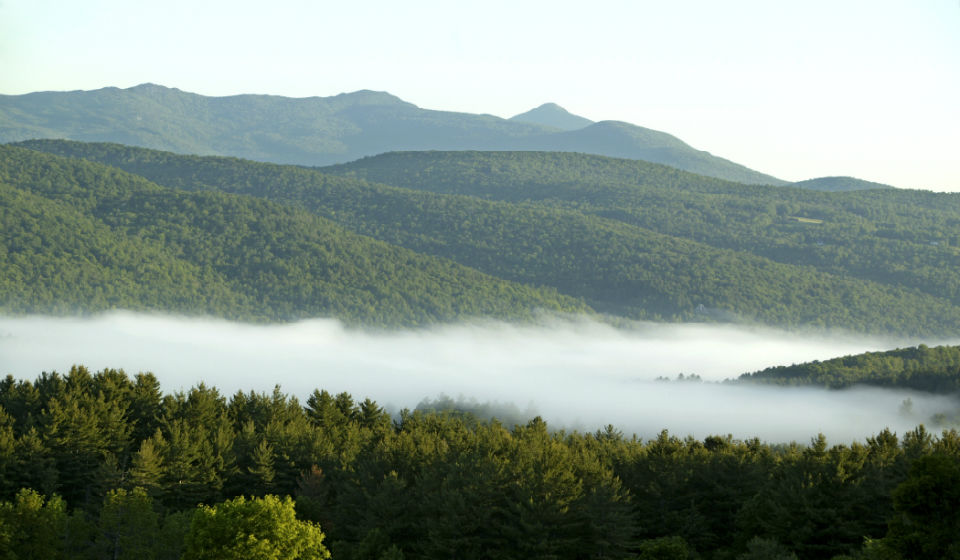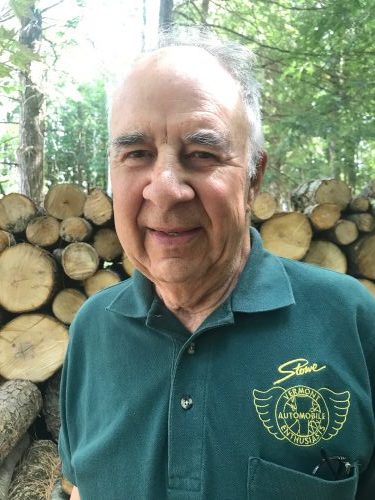Partners on a Planet
Thoughts on a Land Stewardship Ethic
The strength of careful and considerate forestland management originates from the guiding principle of a land stewardship ethic.
Our forest, water and wildlife resources are much more than a faceless sterile commodity useful only for conversion to human benefit. Woodlands are a place of dynamics and life – home and habitat for a great variety of creatures, plants and organisms. Shelter in storms. Bursts of energy in the spring growing season. Vivid color landscapes in the fall. Stoic survival in winter.
We need to understand that we are part of the land – not masters of it, but partners on a planet which began its evolutionary journey billions of years ago and continues that journey today. We are creatures of the land – we owe our very existence to a few inches of topsoil and the fact that upon it, the rain falls and the sun shines. And that it is not given by our predecessors but borrowed from our children.
We need a pattern of conduct and philosophy – a land stewardship ethic. The noted forester and ecologist Aldo Leopold wrote “No important change in ethics was ever accomplished without an internal change in our intellectual emphasis, loyalties, affections and convictions.”
We need to live by an ethic which recognizes that true wealth is measured not in terms of what we have taken from the land, but rather what we give as our contribution to the well-being of the planet. Not by focus on self gain, but rather how much we are sensitive to the needs of others – plant, animal and human life alike, and what we should share for the benefit of all.
An ethic is a discipline which arises from sensitivity to the presence, life, working and inherent worth of the natural biotic community. It is strengthened by the understanding of our power to influence that community, but shaped by humility and respect when we come to know our place and fit into the larger perspective of the environment in total. And it is given direction when we appreciate the lessons learned and develop confidence in our ability to manage our actions.
Only then can we embark on our journey as responsible – and respectful – stewards of the land.
Leo Laferriere (click for bio)
Waitsfield, VT
Spring 1995



